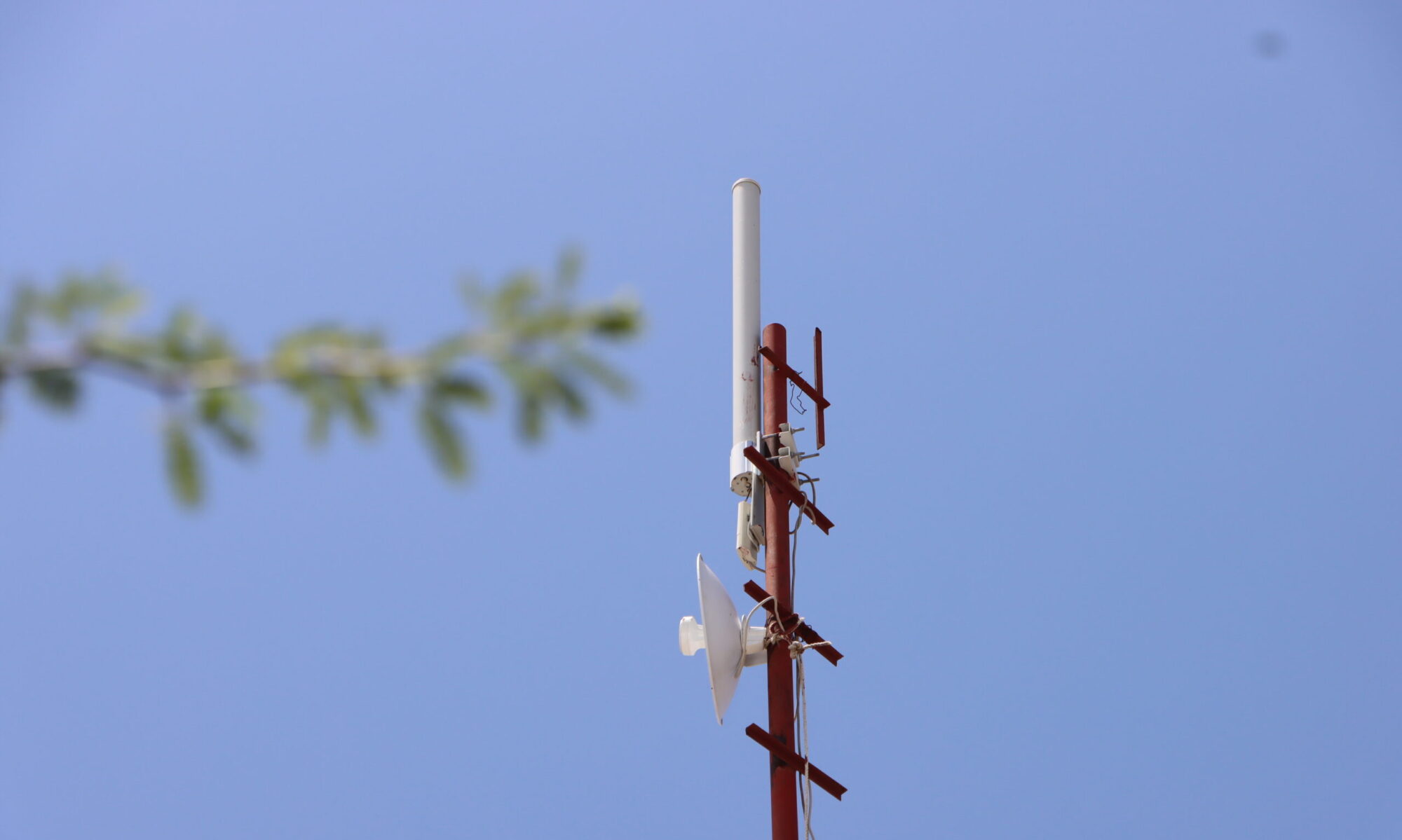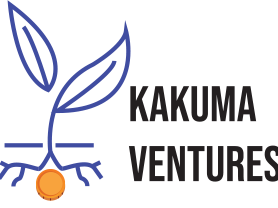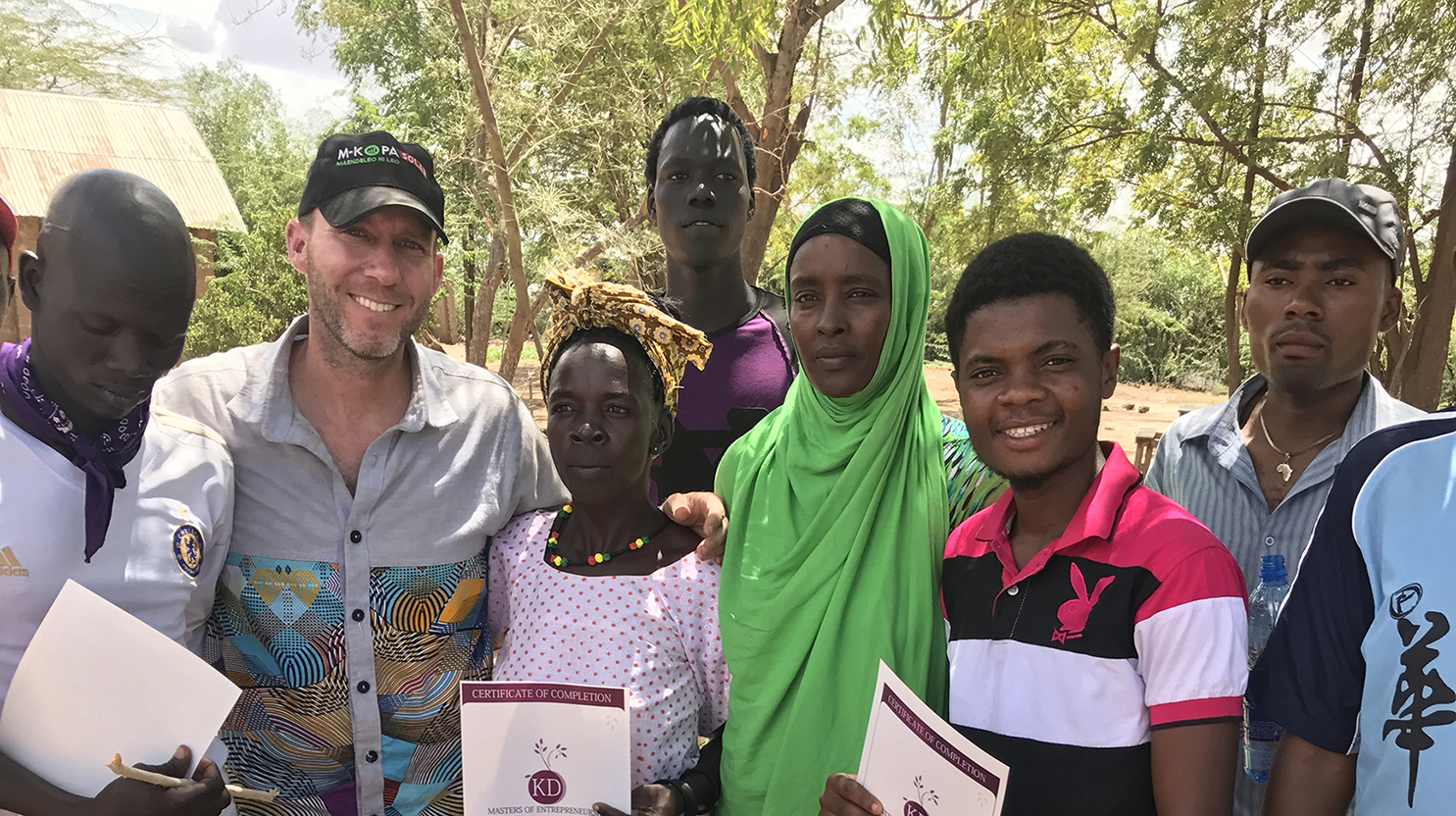Our application for Grand Challenges is about a new logistics and supply chain model for the camp.
Kakuma Ventures Mission: Building a logistics and supply chain center for small businesses focused on basic living needs of those in a refugee camp. Our goal is to start businesses that use existing technology to solve food, water, and energy problems in the refugee camps.
What is the problem addressed by your innovation?
The problem we are addressing is the financing and distribution of needed supplies for basic living in refugee camps. In Kakuma as in many refugee camps, access to safe-drinking water is limited to bottled water and pumped water that is often contaminated or too salty for drinking. Furthermore, food often rots due to insects that penetrate bags or harsh weather that rots perishables like vegetables. Lastly, distribution and storage in the refugee camps are limited to a few solely owned entities that benefit only a few people.
What is your proposed innovation?
We plan to build a logistics, storage and distribution business for the access to products that can solve the problems above. The center organization is called Kakuma Ventures. We will create small hubs in the refugee camp that have clean water facility (filters and cooling), bins for perishables, and hermetic bags for beans and grains. These centers will be run and financed by our team and entrepreneurs / CEOs of each hub. Additionally, we will operate a logistics business with a truck (city to city) and motorcycles for delivery.
How will this innovation address this problem more effectively than current approaches?
The only current approach is independently owned stores that sell foodstuff to a very small population. We have not seen other water filtration efforts, nor the use of new technology to protect expiration of food. The uniqueness of our approach is three-fold: 1) Scale. Our plan is to develop this at scale throughout the entire refugee camp. 2) Use of logistics. By building a center, small spokes, and using motorcycles, we can create a distribution platform for any type of goods to be easily distributed. 3) Empowerment. We will empower locals to operate the hubs and distribution. So we will finance them in terms of investment and require a return. This will allow us to become sustainable and grow.
Describe how your innovation is relevant to vulnerable, hard to reach populations affected by conflicts.
Our focus is on refugee camps. Most people in refugee camps have been affected by conflict and when they reach the camps. They have little access to goods. Our goal is to make a refugee camp, a city like any other. The first thing that is needed is distribution and logistics. Using our truck we will deliver goods from Kitale and surround cities. We are already discussing with a partner name Opportunigee to expand to Nakivale and Bibi in Uganda. And over time, this can be a large distribution business to all refugee camps in the region. To make this successful, we need distribution from the cities to the camps and within the camps.
We are addressing the supply constraint for access to clean water and healthy food. There are over 200k people in Kakuma who can benefit from this. Furthermore, there is an increasing reduction in food supply. UN currently distributes food in the camp once per month and the budget is becoming more restrained. And there is decreasing income from the UN.
Why is the Supply Chain Important?
Vicente Escribano, UNHCR’s head of its supply management logistic service, said, “The efficiency of our supply chain is often literally a matter of life and death to the refugees and families we serve, so any improvements we can make could have a massive impact.”
Our idea focuses creating a platform whereby any product can reach anyone in the refugee camp. Initially, we focus on water and food. Once we solve this problem then we plan to add other new products such as home supplies and solar power like m-kopa. In any developing economy, infrastructure and logistics is the first investment needed. Throughout Africa today, governments are building roads and infrastructure for the dissemination of goods. Likewise, we are building the infrastructure for goods circulate within the refugee camp. The distribution platform is the first big difference.
Next, the second big difference is that we are partnering and financing local entrepreneurs to build and expand quickly. With the grant, we will build a distribution center and several small hubs. So we will own these. Then we will provide the initial capital investment / loan for the supplies such as the water filters, vegetable bins, refrigeration, hermetic bags, and security. We will recoup that over time and increase investment provided the entrepreneur pays back within our time frame. The key is that we will own the core infrastructure and rent out what is inside. To facilitate movement of goods, we will purchase a truck and motorcycles. The motorcycles will be rented out to locals who will help deliver products.
How will we do it?
The idea focuses on social and business innovation that combines existing western technology, established economic development methods from places like China, and mobile micro-financing unique to Africa. We have an existing organization that has been operational from almost 1 year called Kakuma Ventures. They have executed the initial business plan of water filtration and have been testing this within the camp already. We already finance the entrepreneurs via mobile lending on m-pesa.


